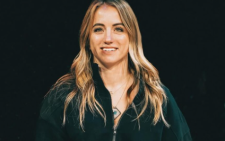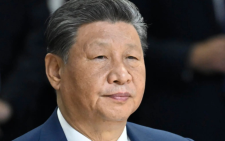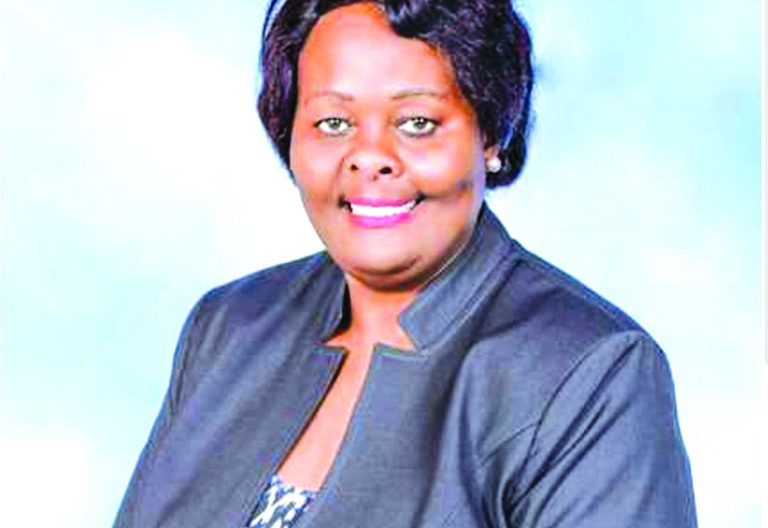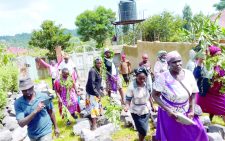Monster cancer: Why Kenyans choose India for treatment
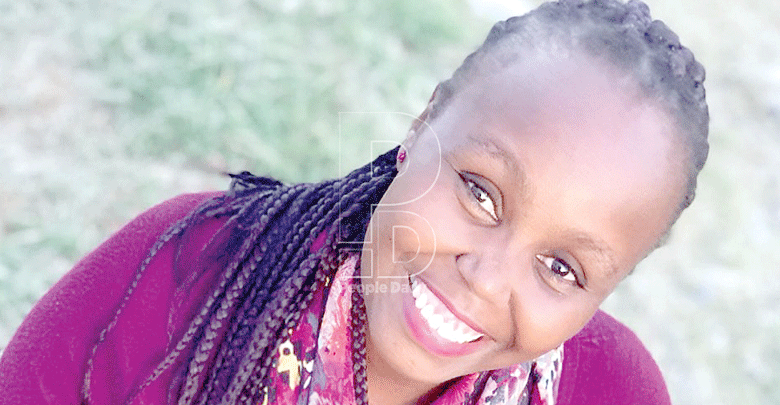
When she was first diagnosed with cutaneous lymphoma—cancer of the skin—in 2015, Annie Ndicu and her family left the country for treatment in India.
“I was connected by a friend to a good oncologist in India, who assisted me in all visa procedures. I left the country in March, 2015. On arrival in India, I did numerous tests and scans which confirmed I had cancer. I started chemotherapy immediately,” narrates Annie.
She is just one of the many Kenyans who opt for the Asian country for cancer treatment. Statistics from the Ministry of Health indicate that 40,000 new cases of cancer are diagnosed annually. Out of this, 10,000 patients seek treatment in India, spending nearly Sh10 billion.
Ruth Kamau, the chief executive of Beyond Border Medical Tours, a company that helps patients and caregivers with their travel plans to India, says the agony of the high cost of cancer treatment among their clients is palpable.
Most patients depend on well-wishers to finance their treatment.
Yet, the picture painted of Indian experience may mislead patients to think it is a land of milk and honey. India’s wealth of knowledge in medicine notwithstanding, life in the country is oftentimes challenging for patients and caregivers, who have to adjust their lives to the new culture and environment.
Financial constraints
Muthoni Njuguna, a United Nations employee based in India, says the common challenges bring the Kenyan community together. The pain of watching a loved one go through chemotherapy and its side effects, coupled with financial constraints hit the patients and caregivers hard. The “reunion” keeps their hope alive.
“There are even WhatsApp groups of Kenyans in India where people encourage each other and pray together.
There are also African churches around where people worship. This helps because if, unfortunately, a patient succumbs, caregivers and the patients seek solace in the churches and the groups.
When a patient needs blood, Kenyan families donate and visit the patient in hospital. It is always good finding someone who understands what you are going through encourage you,” she says.
Misdiagnosis brings additional emotional trauma for patients and their caregivers.
Although the experience traumatised her family, Annie is thankful her travel to India was timely as tests revealed a misdiagnosis. For five years, her Kenyan dermatologist told her she had cancer and started giving her steroids.
But tests in India showed that she was initially suffering from mild eczema, but the high uptake of steroids led to the skin cancer.
“I have not sought medication in Kenya again. I cannot risk another misdiagnosis. If the doctor had not prescribed steroids for that long, I would not have had cancer in the first place,” she says.
Overcome fears
However, after four cycles of chemo and 40 sessions of radiotherapy, Annie’s cancer was contained and she was ready to return home.
For Annie, the support from other Kenyans in India made her stay in India bearable. Due to low self-esteem because of her skin, she would stay indoors but her mum gave her the strength to overcome her fears.
“My mum is a social person had a lot of friends both Kenyans and Indians. Most times she would go with other Kenyans to the market malls or just share stories which really helped,” she says.
For Anthony Maina, such connections with Kenyans in India rewarded him with a wife. It was his first time to travel to India for a liver transplant while his wife, Ruth, was a donor to her brother.
“It started as two people brought together by misfortune and we were just sharing knowledge. She had gotten my number from a lady called Christine, my childhood friend with whom they were in the same class at the university,” he recalls.
But even with the support, India can still be a lonely place. Travelling with her mother for a second opinion on her illness was one of the toughest moments for Margaret Nyawira. Her mother was diagnosed with cancer of the rectum and after failure to respond to treatment in Kenya, her oncologists advised that they make the do-or-die pilgrimage in 2014.
“As much as they are Kenyans, they are not family. You only share about the side effects of the chemotherapy, which is a sad interaction. Some died, which made me keep minimal interactions as their death affected me,” she recalls.
Before her mother’s demise, Nyawira’s family fundraised for the chemo. For every dose they had to part with Sh300,000.


